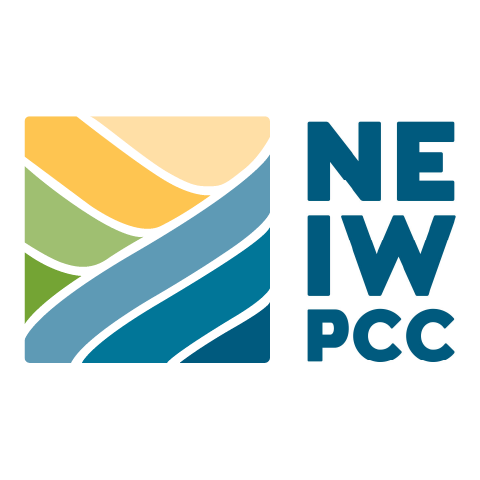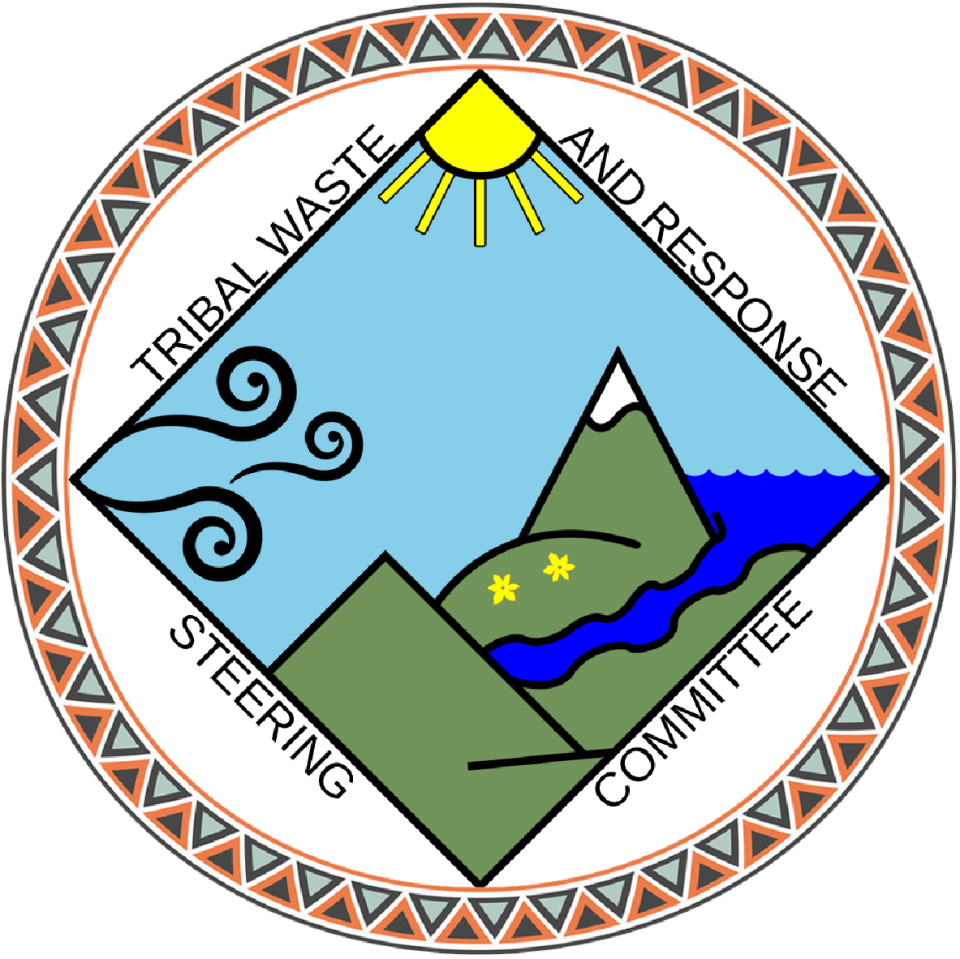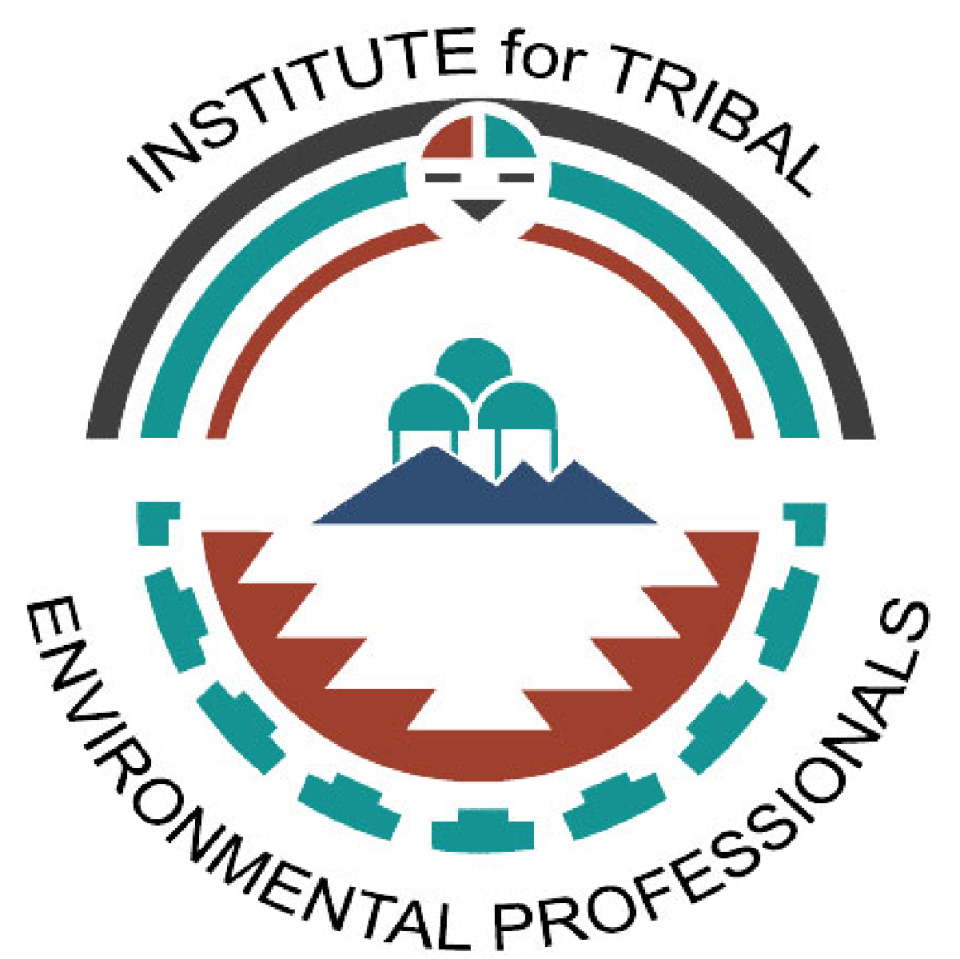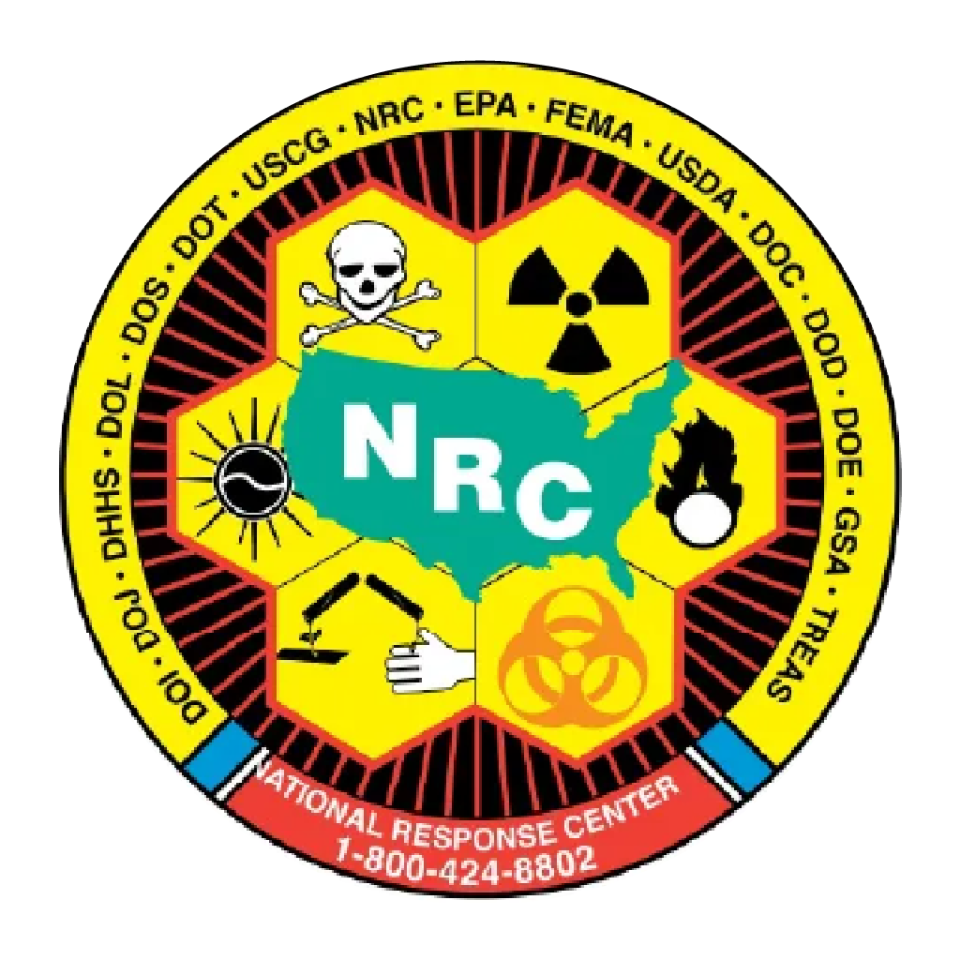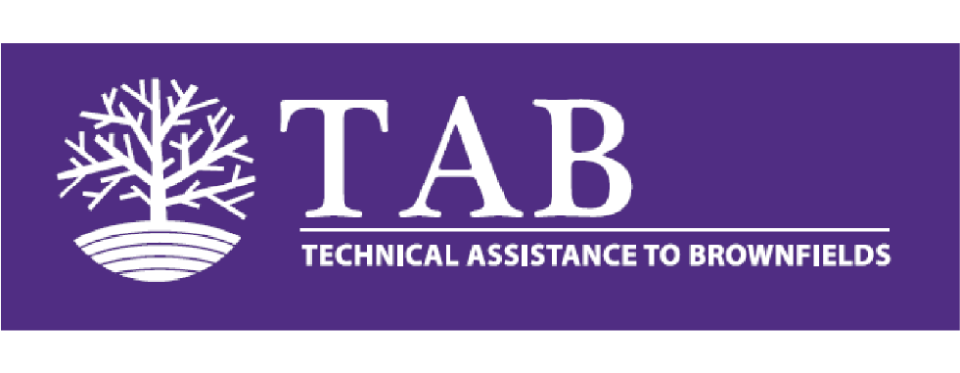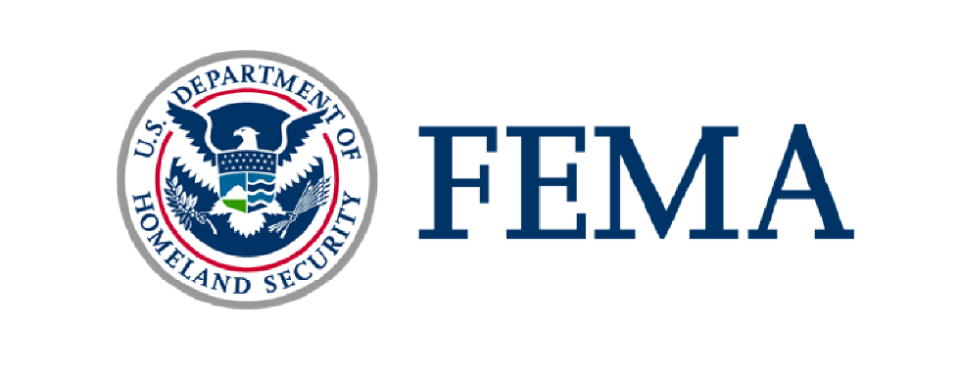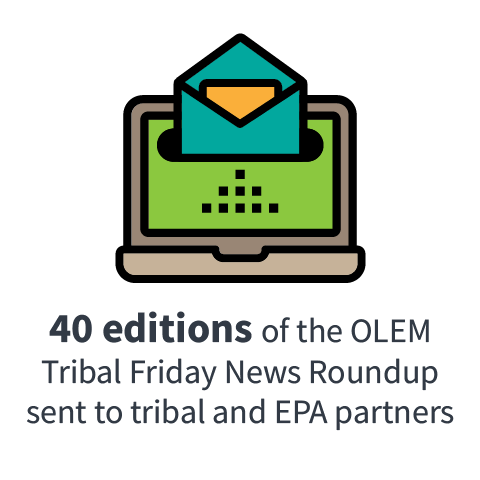2021 OLEM Tribal Program Accomplishments
EPA’s Office of Land and Emergency Management (OLEM) tribal program is committed to protecting human health and the environment in Indian country, while supporting tribal sovereignty, acting consistently with the federal trust responsibility and strengthening the government-to-government relationship with tribes. This page summarizes accomplishments by OLEM in 2021 to provide training, funding, technical assistance, and support to our tribal partners in cleanup, prevention and response programs. Collaboration with our many partners helped us increase tribal understanding and participation in key OLEM programs, including solid and hazardous waste, underground storage tanks, emergency management, Superfund, brownfields, and federal facilities. For past OLEM tribal accomplishments, please visit the 2020 OLEM Tribal Accomplishments page.
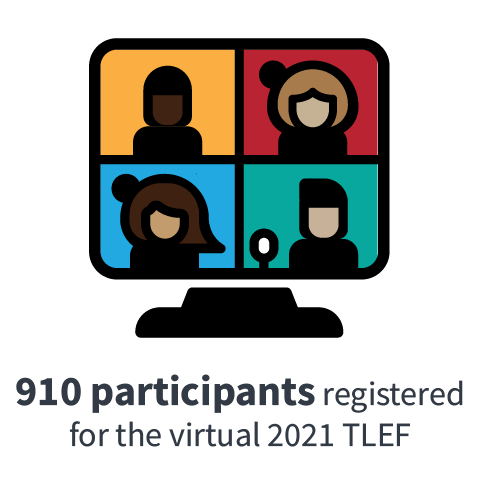
OLEM co-hosted the 2021 Tribal Lands and Environment Forum: A Virtual Gathering, bringing together 910 registered attendees to learn, share, network, and build tribal capacity to implement cleanup, prevention, and response programs in Indian country.
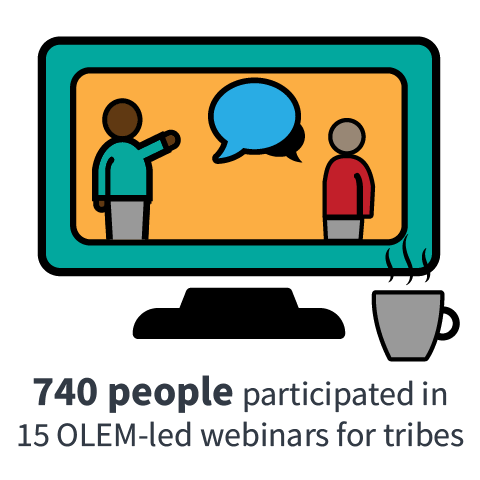
In 2021, 740 people participated in 15 OLEM-sponsored training webinars for tribes, covering 13 different topics.
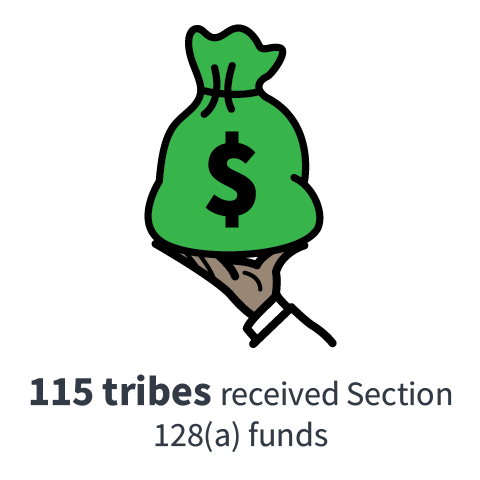
In FY21, 115 tribes received Section 128(a) State and Tribal Response Program funds. Tribes received 27 percent of the total funding allocated and used these funds to build and strengthen tribal environmental response programs and advance environmental self-governance.
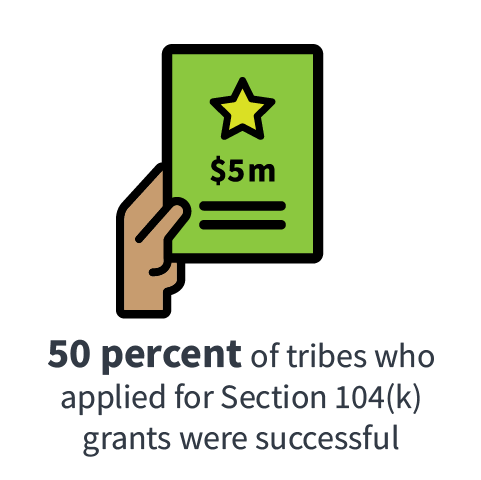
In FY21, 50 percent of the tribes who applied for Section 104(k) competitive brownfield grants were selected for funding. Tribes received a combined total of over $5 Million and included multiple first-time recipients and first-time applicants.
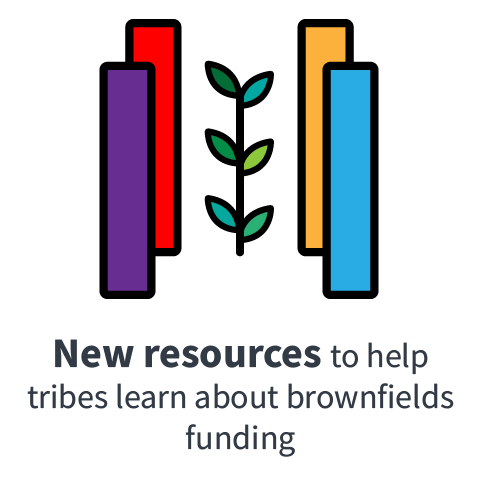
OBLR developed or revised many helpful resources in 2021, including new Section 128(a) and Section 128(a) Technical Assistance Grant (TAG) Fact Sheets, a revised Brownfields Federal Program Guide, and a fact sheet explaining how sea level rise can impact coastal brownfields reuse. Many more resources can be found in EPA’s Land Revitalization toolkit.
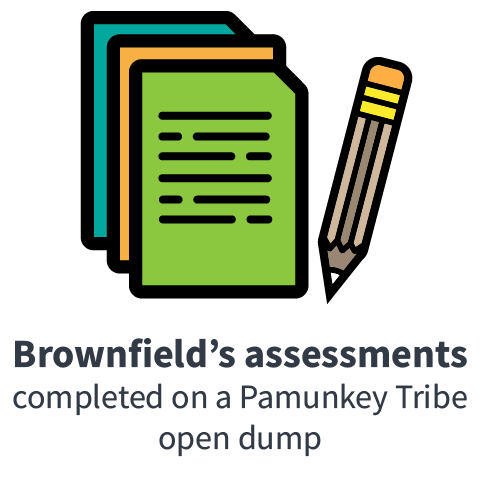
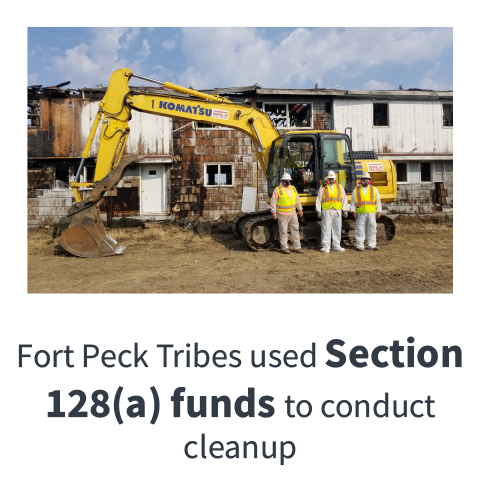
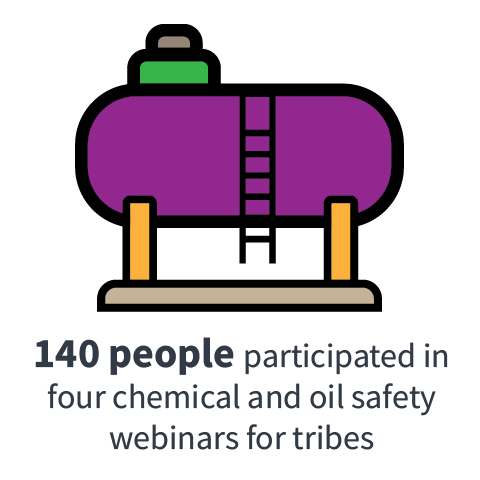
Over 140 people participated in four Introduction to Spill Prevention, Control, and Countermeasure (SPCC) Regulation and Emergency Planning Community Right to Know Act (EPCRA) webinars for tribes. These webinars will help tribes identify oil storage facilities, improve chemical safety and protect tribal health and the environment.
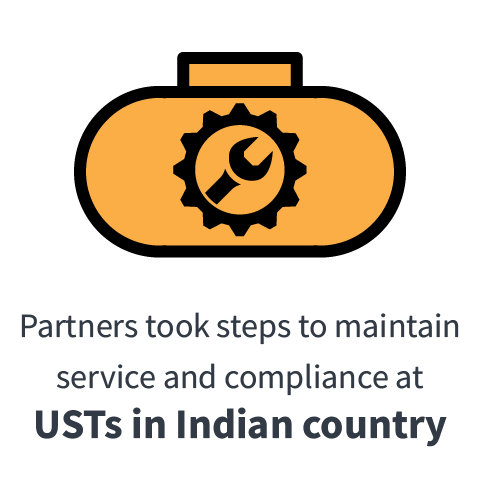
Despite the impacts and setbacks from the COVID-19 pandemic, EPA, tribal governments, and UST owners and operators in Indian country took steps to maintain continuity of service, compliance with UST requirements, and protect their residents.
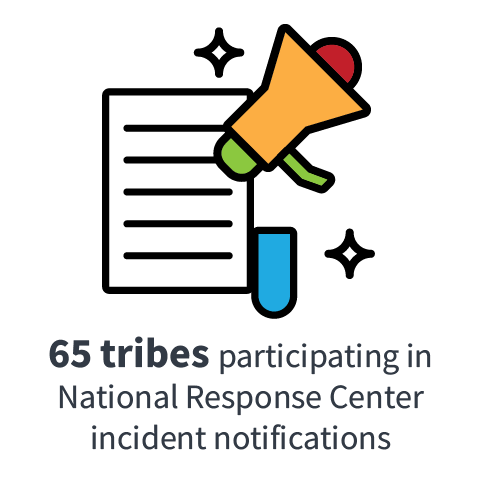
OEM encourages tribes to sign up to receive incident notifications from the National Response Center so that they are notified immediately about emergency responses in their designated areas of interest. As of 2021, 65 tribes have signed up.
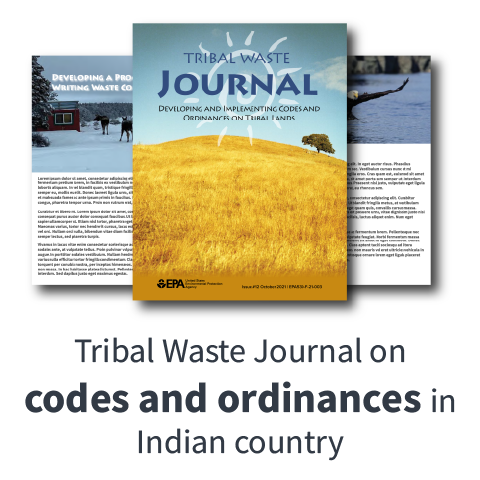
ORCR published Issue 12 of the Tribal Waste Journal (TWJ): Developing and Implementing Codes and Ordinances on Tribal Lands. This issue will assist tribes with learning why waste codes are important and provide examples from tribes who have developed waste codes.
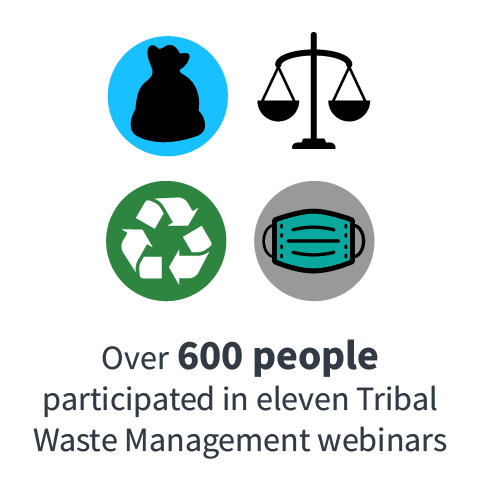
Since January 2021, over 600 people have participated in eleven webinars as part of ORCR’s Tribal Waste Management Webinar Series. The webinars produced in 2021 were:
- FEMA and Tribal Nations: Building Capacity and Resilience
- Waste Characterization for Tribal Program Planning
- Successes and Challenges for Tribal Waste Practitioners during the COVID-19 Pandemic
- Developing and Implementing Tribal Waste Management Codes and Ordinance
- EJSCREEN 101: Mapping Tools and EPA Competitive Grants
- Applicability of RCRA Organic Air Emission Standards to Equipment and Closure Devices
- PCB Extraction Proposed Rulemaking
- Applicability of RCRA Regulations to Thermal Desorber and Condenser Systems that Recycle Hazardous Waste or Hazardous Secondary Materials into Useful Products
- Let’s Talk About It: Tribal Input on the National Tribal Waste Management Program Priorities
- Success Stories: Sustainable Material Management at Tribal Casinos
- Effort to Modernize Newspaper Public Notice for RCRA Hazardous Waste Permitting
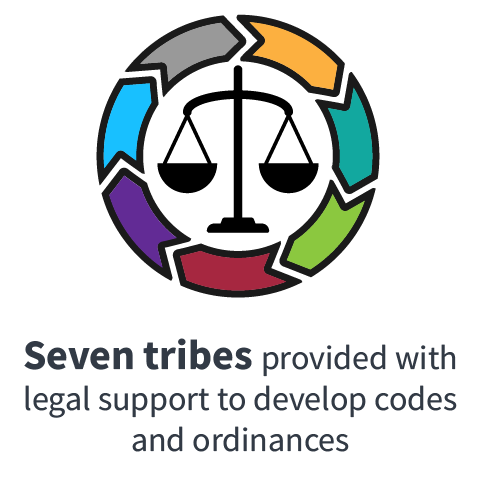
In FY 2021, ORCR provided access to an attorney to support seven tribes with development of codes and ordinances to address waste matters. Enforceable codes and ordinances are an effective way to reduce littering and illegal dumping on tribal lands. Three of the seven tribes have finalized their draft codes and ordinances document and have submitted the document for formal tribal approval.
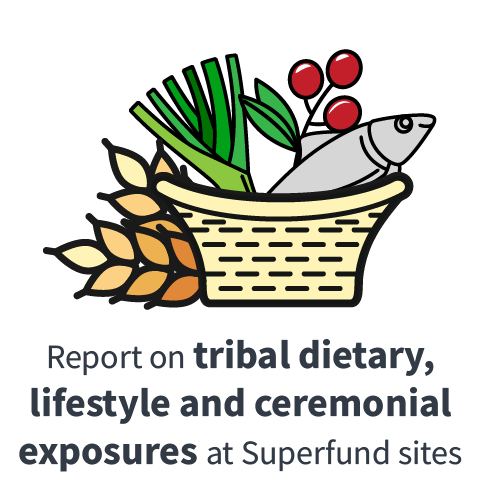
In FY21, OSRTI released a report on Evaluating Tribal Dietary, Lifestyle, and Ceremonial Exposures for Use in EPA Superfund Risk Assessments, the culmination of a two-year long effort to compile data from publicly available sources on plants and animals found in Native American diets. The report is intended to increase the scope and inclusivity of EPA risk assessments, and EPA is evaluating how information from this report and related projects could be incorporated into new or existing risk assessment tools.
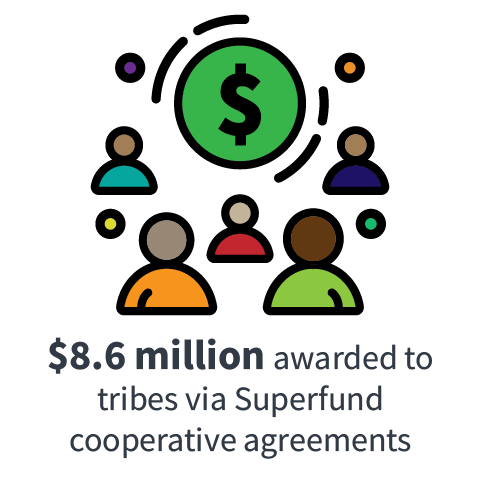
EPA provided $8.6 million in Superfund cooperative agreements to tribes in FY 2021 for site-specific and core program activities, including remedial action, support agency cooperative agreements, and technical assistance.
In FY21, OSRTI met with the Tribal Superfund Working Group and presented at the TLEF on three topics:
- Resiliency and Superfund;
- Use of drones in EPA’s Superfund and Emergency Response, and
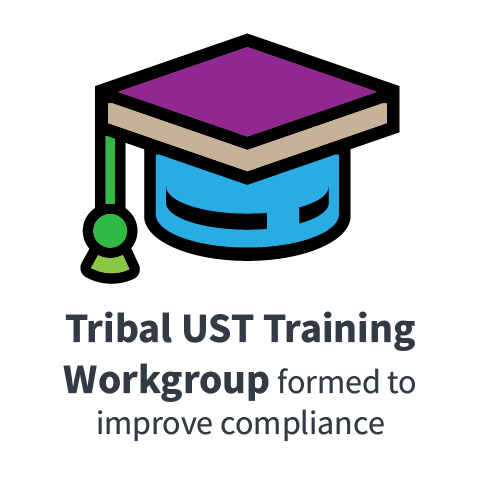
Under an OUST cooperative agreement, NEIWPCC formed a Tribal UST Training Workgroup to identify ways to improve compliance at UST facilities in Indian country and author UST Indian country articles in the semi-annual LUSTLine newsletter.
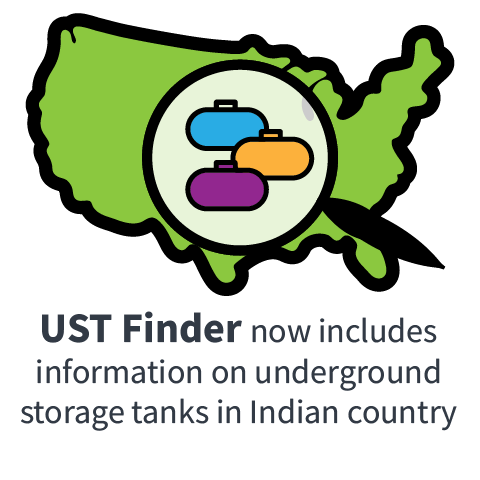
EPA developed UST Finder, a Web map application containing a comprehensive, national map of underground storage tank (UST) and leaking UST (LUST) data. It provides the attributes and locations of active and closed USTs, UST facilities, and LUST sites.
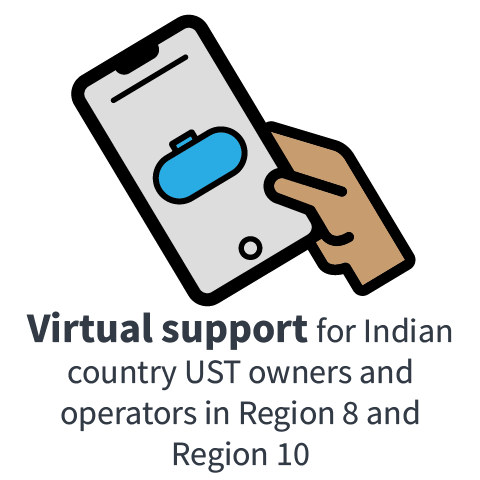
Region 8 hosted a series of virtual, on-line training sessions and office hours for UST owners and operators during the COVID-19 pandemic. Region 10 developed a brochure to explain UST requirements and distributed it to UST facilities in Indian country
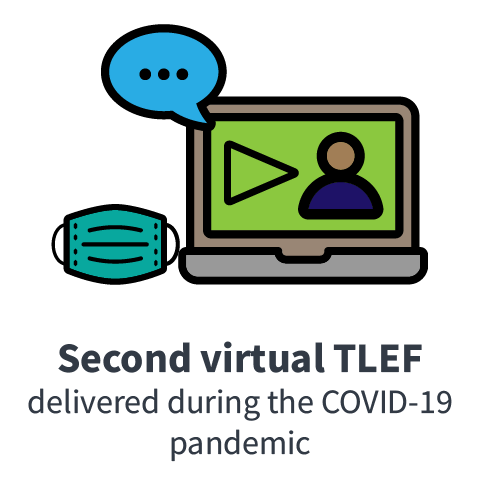
Institute for Tribal Environmental Professionals, OLEM partner and cooperative agreement recipient, successfully delivered a second virtual Tribal Lands and Environment during the COVID-1 pandemic offering attendees opportunities to continue to network and learn from each other
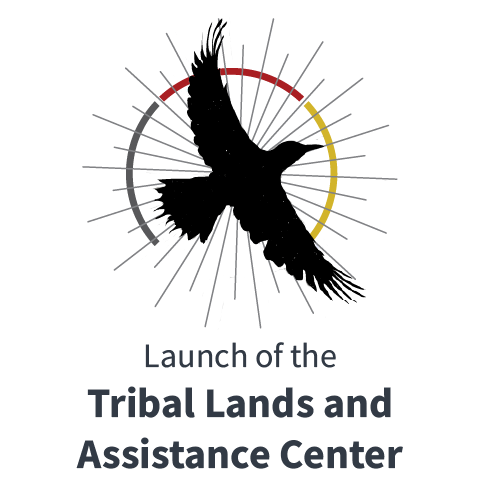
Under a cooperative agreement with OLEM, ITEP launched the Tribal Lands Assistance Center (TLAC). This new web site provides extensive information and resources regarding contaminated sites on and near tribal lands and waters
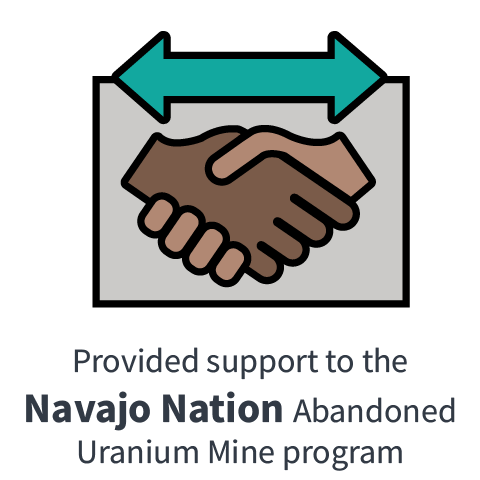
OMDP collaborated with EPA Regions 6 and 9, and Navajo Nation partners to identify ways to move forward with cleanups of abandoned uranium mines (AUMs) while building Navajo Nation capacity to carry out cleanup, maintenance, and site reuse efforts.
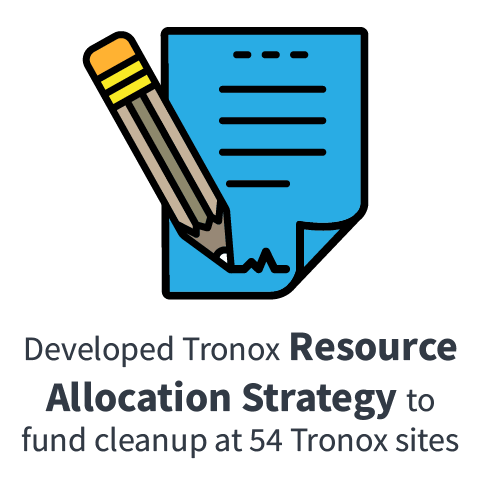
In 2021, EPA Regions 6 and 9 and Headquarters Offices collaborated and consulted with Navajo Nation and New Mexico to meet an Office of Inspector General commitment to develop a Tronox Resource Allocation Strategy. The Strategy is needed to advance the cleanup of the 54 Tronox abandoned uranium mine sites on and around the Navajo Nation.
